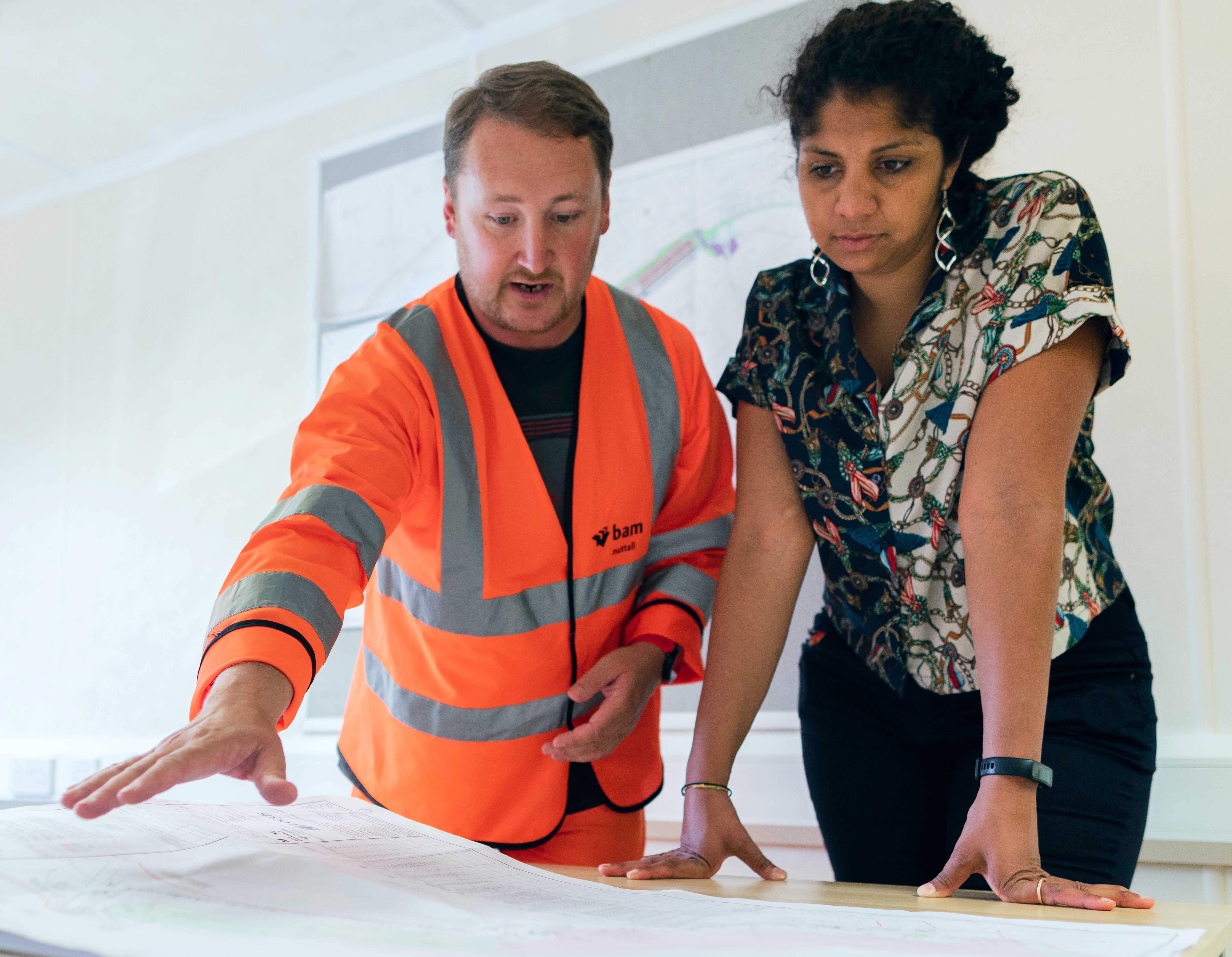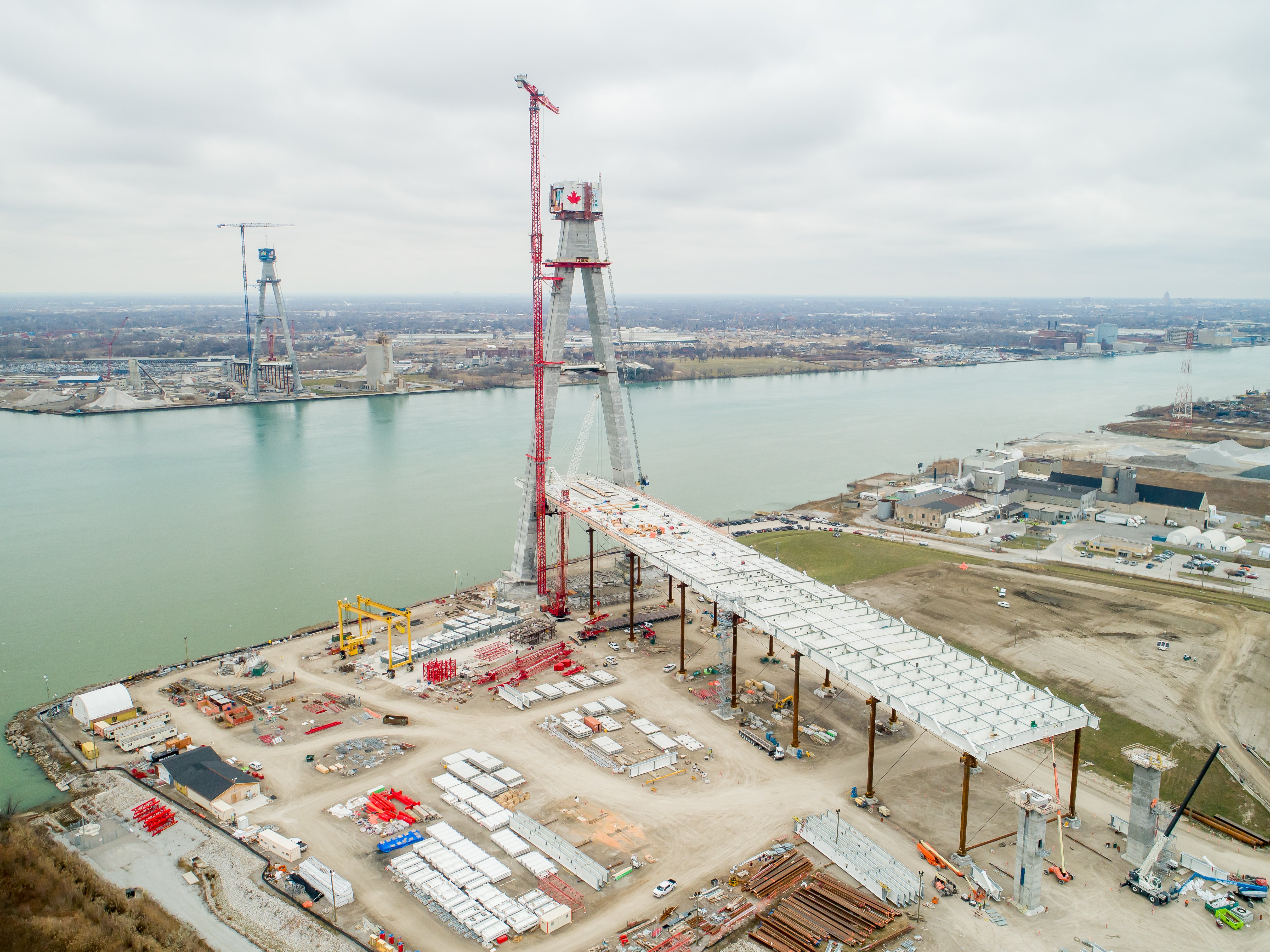The Importance of Infrastructure
The cities of tomorrow are likely to be vastly different from the cities of today. With advancements in technology, the demands of the economy, impacts of climate change, and an ever-growing population, how we design and build our cities needs an update to meet the needs of people who live in them.
Infrastructure engineers are key to maintaining and building new infrastructure that provides access to clean water and sanitation and facilitates communication and transportation within and between cities.
The Challenges of Tomorrow
Innovative solutions are needed to meet today and tomorrow’s infrastructure challenges. One of those challenges will be adapting to a rapidly changing environment.
This may involve designing flexible and adaptable infrastructure that can be easily modified to meet evolving needs.
Sustainable and resilient infrastructure is also needed. With climate change and other environmental factors, infrastructure must withstand extreme weather events and other natural disasters. Infrastructure engineers will need to design efficient and sustainable systems that can be easily and quickly repaired and maintained.
The Opportunities of Tomorrow
Many exciting opportunities are also on the horizon. As technology advances, infrastructure engineers will have access to new tools and techniques.
Materials science and construction technology advances will allow infrastructure engineers to create stronger, more durable structures. New technologies such as sensors and smart systems will enable them to monitor and control infrastructure in real time, ensuring that it functions properly and efficiently.
By designing sustainable and resilient infrastructure, infrastructure engineers can help cities reduce their carbon footprint and improve their overall sustainability.
By leveraging the latest technologies and techniques, they will be able to create flexible, sustainable, and resilient infrastructure and help ensure that cities can thrive and prosper in the face of future challenges.
The Future of Infrastructure Engineering
As older infrastructure ages and growth demands new infrastructure, the role of the infrastructure engineer is even more critical.
Infrastructure engineers must be well-trained and well-equipped to meet this demand. They must stay up-to-date on the latest technologies and techniques and adapt to new challenges.
In addition, infrastructure engineers will need to be able to work collaboratively with other professionals, such as architects and urban planners, to create integrated, holistic solutions for the cities of tomorrow.
With a unique skillset and expertise, infrastructure engineers can play an enormous role ensuring the cities of tomorrow can thrive and prosper. Collaboration and leveraging the latest technologies will allow them to do that.
About Archipelago
Archipelago is a professional services network in the architectural, engineering & construction (AEC) industry that aims to connect member firms, boost productivity, and harness technology to meet the increasing demand for infrastructure and housing. Our mission is to empower firms by sharing knowledge, resources, and expertise, fostering innovation in designing sustainable development for future generations. Join our network today, and let's collaborate to shape a better future for all.
.png?width=323&height=50&name=Transparent%20(1).png)



